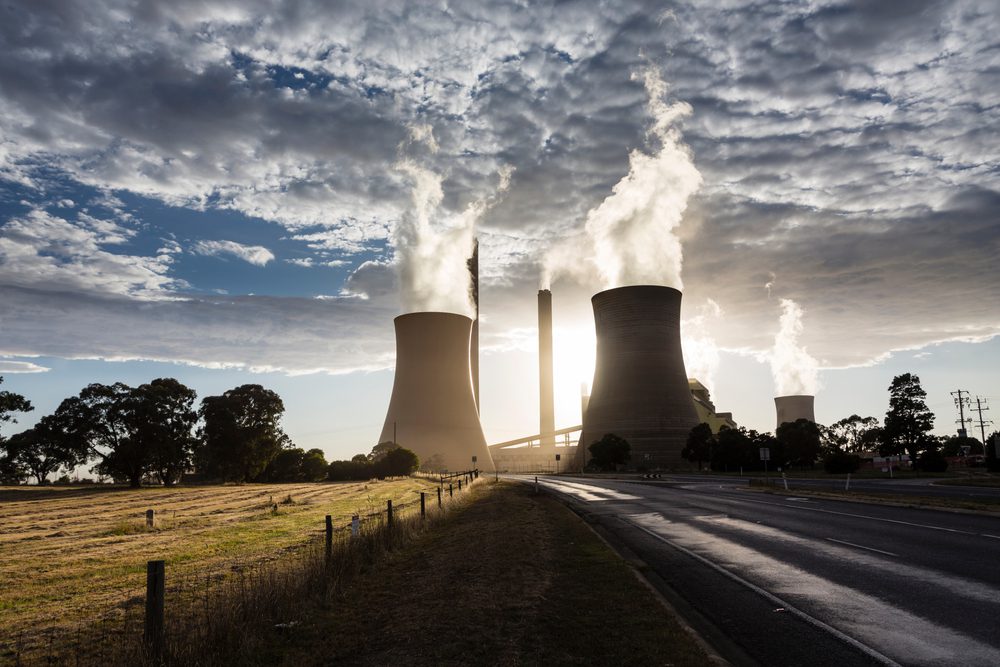
The Conservative Party government is far down the road—and much out of pocket —with its plan to remove coal from Britain’s energy mix. But weather conditions earlier this week meant providers had no choice but to start burning coal again, for the first time in a month and a half.
Simply put, there wasn’t enough wind to allow for a good turbine output and it was too hot for solar panels to work efficiently. Some gas power plants were also shut down for maintenance. As a result, the National Grid had little choice but to ask a coal-fired power station in Nottingham to start producing electricity. This was due to be closed last September, but its owners reached a deal to push back the deadline by a year, citing the Russian invasion of Ukraine.
As part of its drive towards carbon ‘net zero,’ the Tory government announced in 2021 that Britain is moving towards producing no electricity using coal after October 2024. This was a year sooner than the original 2025 deadline, and begs the question: where will providers turn when it’s too hot and not windy enough in the future?
The push—by the party which prides itself on being “sensible” and “pragmatic”—has been met with many vocal critics, but the government appears not to have been fazed. Businessman and former Brexit party MEP Ben Habib said turning our backs on fossil fuels “before adequate alternative sources of ‘sustainable’ renewable energy are available” sounds “daft” because “it is.”
Reviewing some of the latest decisions on energy policy, Mr. Habib told The European Conservative:
In the pursuit of a net zero country, His Majesty’s Government decided many years ago to cut back on filthy coal. Then in 2021, it began shutting down North Sea oil and gas under the North Sea Transition Deal—part of the then Prime Minister’s drive to “Build Back Better.” Under that deal, the off-shore extraction of fossil fuels was to be replaced by off-shore wind energy; wells closed, and jobs moved into green energy. Rough, our biggest natural gas storage facility, was also more or less shut down and now cannot easily be re-commissioned. To make matters worse, not a single nuclear power plant has been built in the UK since the mid-1990s. By 2030, 14 of 15 nuclear power plants are scheduled to have closed with only one replacement, Hinkley Point C, to be commissioned in 2027.
This is not an energy policy, it is energy hari kari.
Such a short-term approach to energy policy is not exclusive to the Tory party. Former Liberal Democrat leader Nick Clegg provided an insight into the minds of our leading political lights when in 2010 he said nuclear is “just not even an answer” because “by the most optimistic scenarios from the government itself, there’s no way they are going to have new nuclear come on stream until 2021, 2022.” Even after these dates, Britain’s energy system will still be unable to operate fully without at least some backup from coal.
Mr. Habib described the recent burning of coal as “rub[bing] salt into the wounds of HMG’s [His Majesty’s Government] idiocy.” The “energy gods,” he added, “have a poor sense of humour!”
